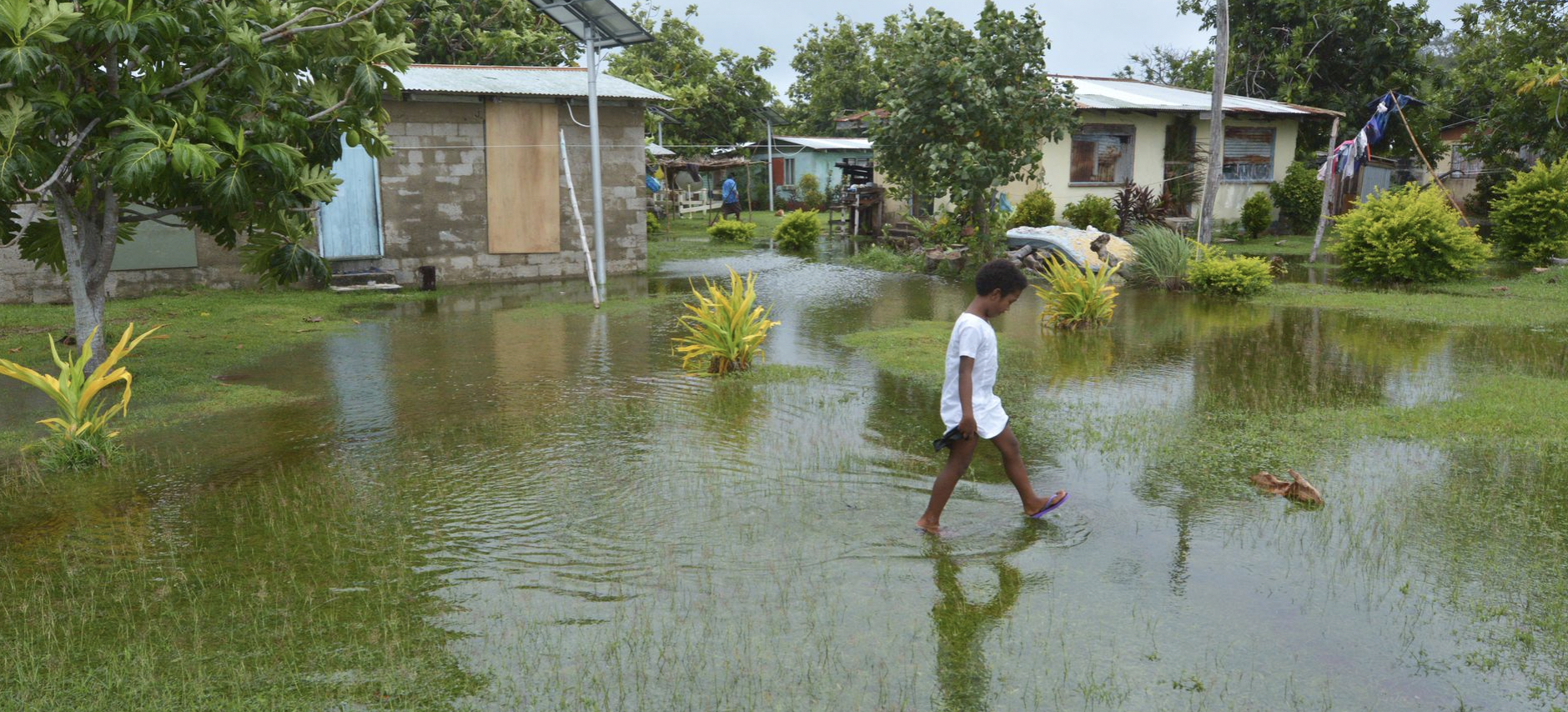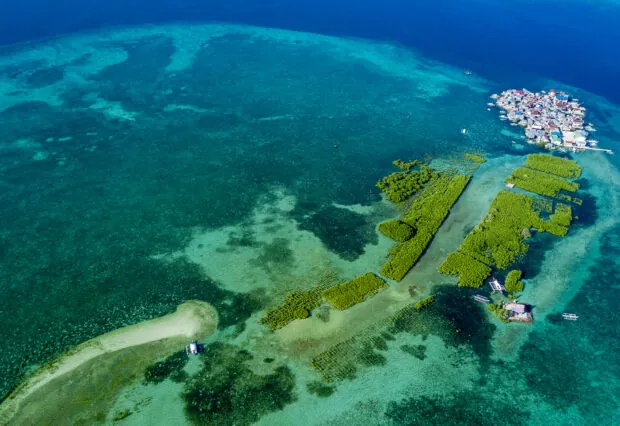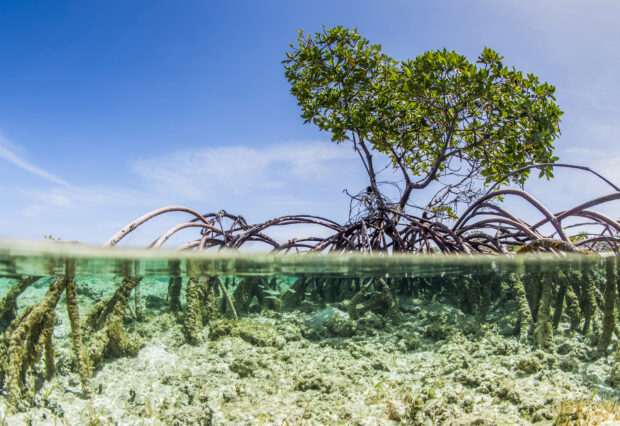By Chip Cunliffe, Co-Chair of the Ocean Risk and Resilience Action Alliance, and María José González, Executive Director of the MAR Fund
This article first appeared in the Insurance Post Online.
2021 has demonstrated in the most sobering ways the scale of impact that climate change can have on the natural world. Insurers have so far paid out an estimated US$40 billion for natural catastrophes in the first half of 2021, with most continents reeling from historic wildfires, winter storms and flooding. Scientists have warned of another ‘above-normal’ Atlantic hurricane season, with potentially devastating consequences for marine and coastal ecosystems and the communities whose livelihoods and well-being depend on them.
Take coral reefs: a healthy reef can reduce incoming wave energy by up to 97% and avoid storm damages worth billions of dollars a year, while sustaining entire communities relying on fishing or tourism. A recent economic valuation study financed by the InterAmerican Development Bank has found that the annual economic value of the different environmental services provided by the Mesoamerican Reef (MAR) is worth US$183 million in fisheries, US$3.9 billion in tourism, and US$320 to 438 million in coastal protection.
Worldwide, an estimated 200 million people depend on coral reefs to shield them from storm surges and waves. Yet the effects of climate change – as well as overfishing, unsustainable coastal development, and pollution – have made coral reefs some of the most threatened ecosystems on Earth. With increased awareness of the services nature provides to humanity in the face of mounting climate risks, the need to create ways to value and protect natural capital, in a similar way we do physical infrastructure, has never been greater.
Encouragingly, in the case of coral reefs this is already happening. In October last year, the State of Quintana Roo in Mexico announced a pay-out of almost US$850,000 to repair portions of reef sites off its coast shortly after they were damaged by Hurricane Delta. This world-first coral reef insurance policy, developed by The Nature Conservancy, is based on a parametric concept now being refined by the MAR Fund and insurance brokers Willis Towers Watson (WTW) to provide insurance cover for post-hurricane response for further reef sites off the coasts of Mexico, Belize, Guatemala and Honduras. The MAR Fund policy is issued by AXA Climate and covers a portfolio of four initial pilot sites.
Parametric insurance is a type of cover that pays out a pre-agreed amount to a policyholder according to pre-defined event characteristics or parameters (e.g., peak storm wind speed for a given area). By capturing the relationship between the spatial distribution of hurricane wind speed and reef damage at each pilot site on the MAR, WTW has designed an instrument that triggers immediate pay-outs to cover the cost of reef response at each site. The pay-outs are then disbursed through a centralized Emergency Fund managed by the MAR Fund.
This Emergency Fund was triggered last October and funded emergency response in several sites within the Puerto Morelos National Park, Quintana Roo. Trained First Responders organised in Emergency Response Brigades carry out repairs to the reefs – providing temporary earning opportunities to local community members, fishers and tourism workers and minimising the loss of vital reef services to their communities.
The MAR Insurance Programme is a prime example of the potential for financial innovation to integrate natural assets in disaster risk management, and to build resilience in communities adapting to climate change.
TNC, Willis Towers Watson, the MAR Fund and AXA are all members of the Ocean Risk and Resilience Action Alliance, (ORRAA), which has been created to drive investment into coastal and marine natural capital to mitigate risk and build coastal resilience. Connecting finance and insurance, governments, environmental organisations and communities vulnerable to climate change, ORRAA works to surface innovative financial products and scale solutions across borders and sectors. Its work with the MAR Fund has been supported by the Government of Canada.
This type of collaboration is essential in addressing urgent climate and ocean risks – and the MAR Insurance Programme is one of many projects the Alliance is supporting and accelerating by bringing together a host of organisations, expertise and investment powers.
In the MAR region, ORRAA partners are now engaging governments, businesses, conservation groups and other actors to share awareness of the programme’s potential. An estimated 63% of the population local to the reef sites live in poverty, including 40% in extreme poverty, and nearly two million people could see their exposure to ocean risk reduced by the scheme – through increased coastal protection, recovery of environmental services provided by reefs and temporary livelihood opportunities.
The approach has great potential to be replicated globally, with parametric insurance becoming a mainstream tool for regions and countries to finance and protect reefs and other valuable ecosystems threatened by extreme weather events. There is no time to waste: the Global Commission on Adaptation predicts that by 2050, rising sea levels and extreme weather could cost coastal communities around the world up to US$1 trillion annually – displacing millions of people and destroying precious natural assets.
This is a future no one wants, and we must act now to harness the power of finance and insurance to mitigate and adapt to climate and ocean change.




